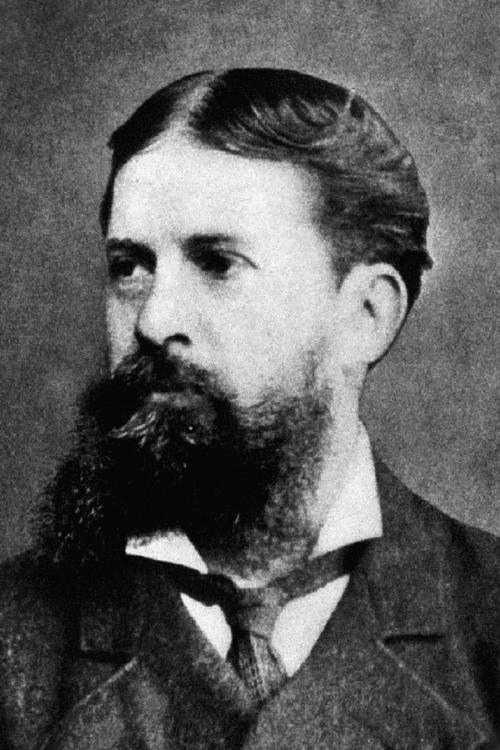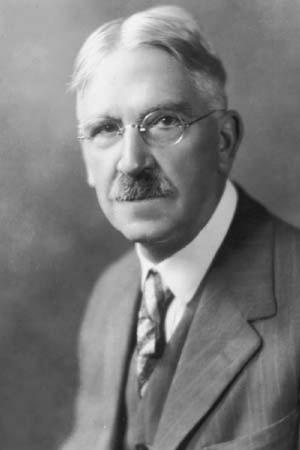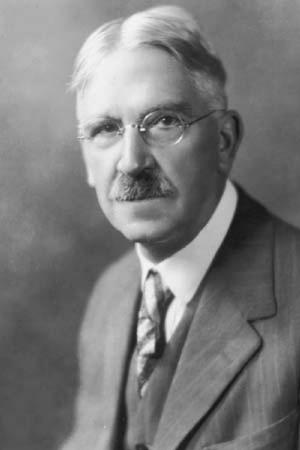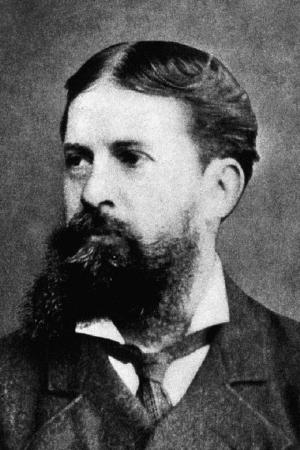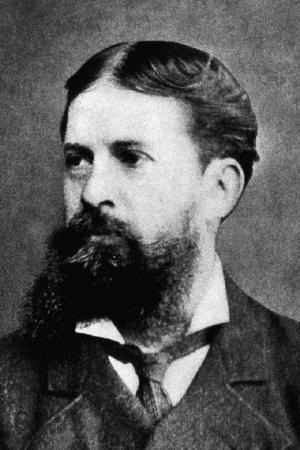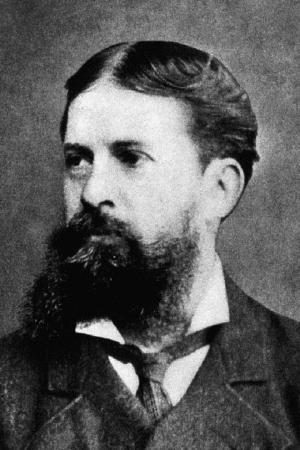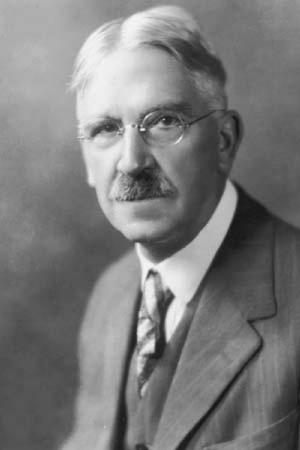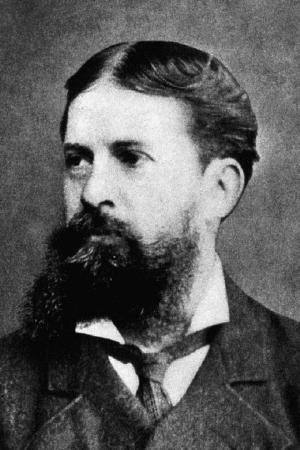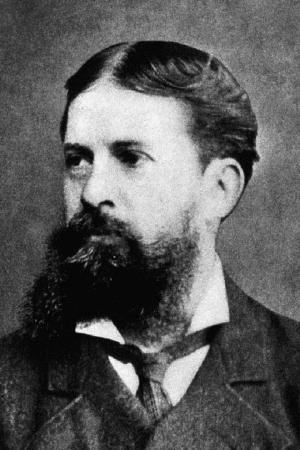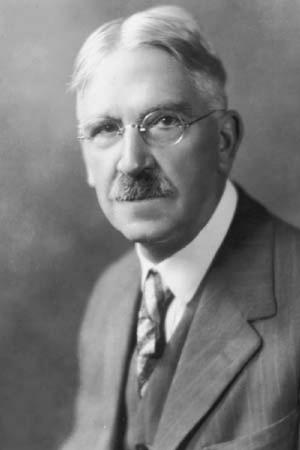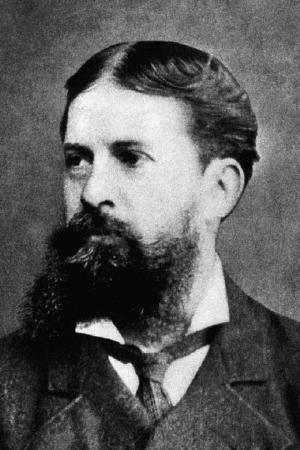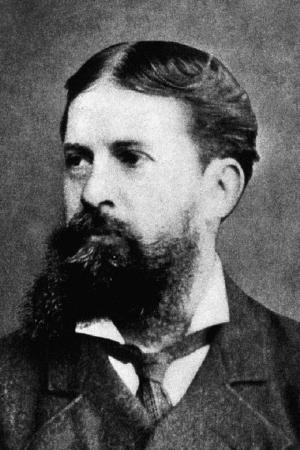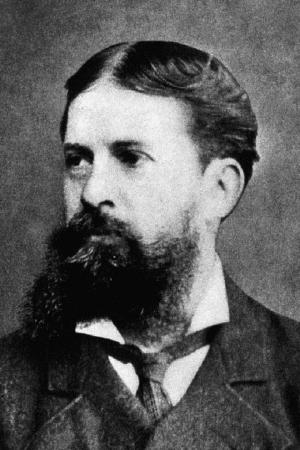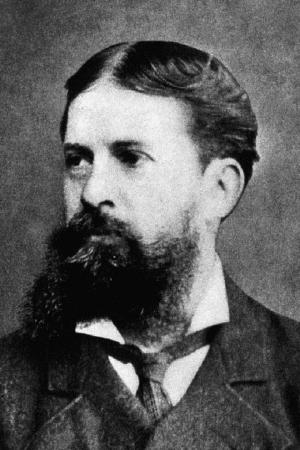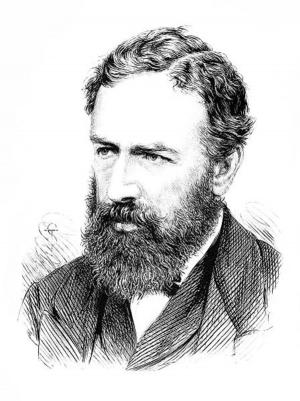Letters, Peirce to W. T. Harris on Hegel (Illustrated)
Business & Finance, Economics, Macroeconomics| Author: | Charles Peirce, Timeless Books: Editor | ISBN: | 1230001228076 |
| Publisher: | Timeless Books | Publication: | July 14, 2016 |
| Imprint: | Language: | English |
| Author: | Charles Peirce, Timeless Books: Editor |
| ISBN: | 1230001228076 |
| Publisher: | Timeless Books |
| Publication: | July 14, 2016 |
| Imprint: | |
| Language: | English |
The book has an active table of contents for readers to access each chapter directly.
In 1934, Paul Weiss, an American philosopher, the founder of The Review of Metaphysics, and the Metaphysical Society of America, called Charles Peirce "the most original and versatile of American philosophers and America's greatest logician".
In 1943, Webster's Biographical Dictionary added Charles Peirce’s introduction as "now regarded as the most original thinker and greatest logician of his time."
Max Fisch, a well-known writer of identity, individuality, responsibility, morality, and political commitment, commented Charles Peirce as the follow:
“Who is the most original and the most versatile intellect that the Americas have so far produced? The answer Charles S. Peirce is uncontested, because any second would be so far behind as not to be worth nominating. He was mathematician, astronomer, chemist, geodesist, surveyor, cartographer, metrologist, spectroscopist, engineer, inventor; psychologist, philologist, lexicographer, historian of science, mathematical economist, lifelong student of medicine; book reviewer, dramatist, actor, short story writer; phenomenologist, semiotician, logician, rhetorician and metaphysician.”
Without any doubt, Charles Peirce is in the row of the best minds with Henry George, William James, Thorstein Veblen, and Ludwig Wittgenstein.
In 1868, Charles Peirce published his letters to W. T. Harris one Hegel’s philosophy. In the letters, Peirce disclosed his deep thoughts on Hegel as the following key important topics:
“Hegel, while regarding scientific men with disdain, has for his chief topic the importance of continuity, which was the very idea the mathematicians and physicists had been chiefly engaged in following out for three centuries. This made Hegel's work less correct and excellent in itself than it might have been; and at the same time hid its true mode of affinity with the scientific thought into which the life of the race had been chiefly laid up. It was a misfortune for Hegelism, a misfortune for philosophy, and a misfortune for science. “
“The Hegelian system recognises every natural tendency of thought as logical, although it be certain to be abolished by counter-tendencies. Hegel thinks there is a regular system in the succession of these tendencies, in consequence of which, after drifting one way and the other for a long time, opinion will at last go right. And it is true that metaphysicians do get the right ideas at last; Hegel’s system of Nature represents tolerably the science of his day; and one may be sure that whatever scientific investigation shall have put out of doubt will presently receive a priori demonstration on the part of the metaphysicians.”
“Hegel, in some respects the greatest philosopher that ever lived, had a somewhat juster notion of this complication, though an inadequate notion, too. For if he had seen what the state of the case was, he would not have attempted in one lifetime to cover the vast field that he attempted to clear. But Hegel was lamentably deficient in that fifth requisite of critical severity and sense of fact. He brought out the three elements much more clearly [than Kant did]; but the element of Secondness, of hard fact, is not accorded its due place in his system; and in a lesser degree the same is true of Firstness. After Hegel wrote, there came fifty years that were remarkably fruitful in all the means for attaining that fifth requisite. Yet Hegel's followers, instead of going to work to reform their master's system, and to render his statement of it obsolete, as every true philosopher must desire that his disciples should do, only proposed, at best, some superficial changes without replacing at all the rotten material with which the system was built up.”
This is a must-read book to understand the foundational thought of Philosophy, Logic, and Science by Charles Peirce, one of the greatest philosophers and logicians in the world.
The book has an active table of contents for readers to access each chapter directly.
In 1934, Paul Weiss, an American philosopher, the founder of The Review of Metaphysics, and the Metaphysical Society of America, called Charles Peirce "the most original and versatile of American philosophers and America's greatest logician".
In 1943, Webster's Biographical Dictionary added Charles Peirce’s introduction as "now regarded as the most original thinker and greatest logician of his time."
Max Fisch, a well-known writer of identity, individuality, responsibility, morality, and political commitment, commented Charles Peirce as the follow:
“Who is the most original and the most versatile intellect that the Americas have so far produced? The answer Charles S. Peirce is uncontested, because any second would be so far behind as not to be worth nominating. He was mathematician, astronomer, chemist, geodesist, surveyor, cartographer, metrologist, spectroscopist, engineer, inventor; psychologist, philologist, lexicographer, historian of science, mathematical economist, lifelong student of medicine; book reviewer, dramatist, actor, short story writer; phenomenologist, semiotician, logician, rhetorician and metaphysician.”
Without any doubt, Charles Peirce is in the row of the best minds with Henry George, William James, Thorstein Veblen, and Ludwig Wittgenstein.
In 1868, Charles Peirce published his letters to W. T. Harris one Hegel’s philosophy. In the letters, Peirce disclosed his deep thoughts on Hegel as the following key important topics:
“Hegel, while regarding scientific men with disdain, has for his chief topic the importance of continuity, which was the very idea the mathematicians and physicists had been chiefly engaged in following out for three centuries. This made Hegel's work less correct and excellent in itself than it might have been; and at the same time hid its true mode of affinity with the scientific thought into which the life of the race had been chiefly laid up. It was a misfortune for Hegelism, a misfortune for philosophy, and a misfortune for science. “
“The Hegelian system recognises every natural tendency of thought as logical, although it be certain to be abolished by counter-tendencies. Hegel thinks there is a regular system in the succession of these tendencies, in consequence of which, after drifting one way and the other for a long time, opinion will at last go right. And it is true that metaphysicians do get the right ideas at last; Hegel’s system of Nature represents tolerably the science of his day; and one may be sure that whatever scientific investigation shall have put out of doubt will presently receive a priori demonstration on the part of the metaphysicians.”
“Hegel, in some respects the greatest philosopher that ever lived, had a somewhat juster notion of this complication, though an inadequate notion, too. For if he had seen what the state of the case was, he would not have attempted in one lifetime to cover the vast field that he attempted to clear. But Hegel was lamentably deficient in that fifth requisite of critical severity and sense of fact. He brought out the three elements much more clearly [than Kant did]; but the element of Secondness, of hard fact, is not accorded its due place in his system; and in a lesser degree the same is true of Firstness. After Hegel wrote, there came fifty years that were remarkably fruitful in all the means for attaining that fifth requisite. Yet Hegel's followers, instead of going to work to reform their master's system, and to render his statement of it obsolete, as every true philosopher must desire that his disciples should do, only proposed, at best, some superficial changes without replacing at all the rotten material with which the system was built up.”
This is a must-read book to understand the foundational thought of Philosophy, Logic, and Science by Charles Peirce, one of the greatest philosophers and logicians in the world.
